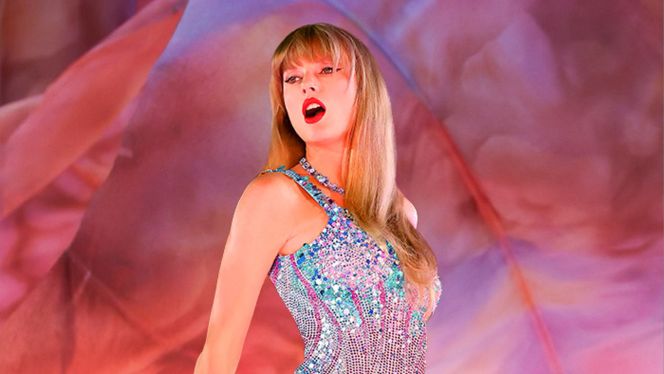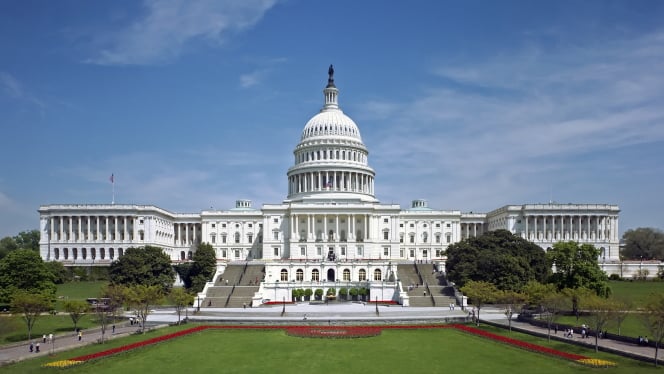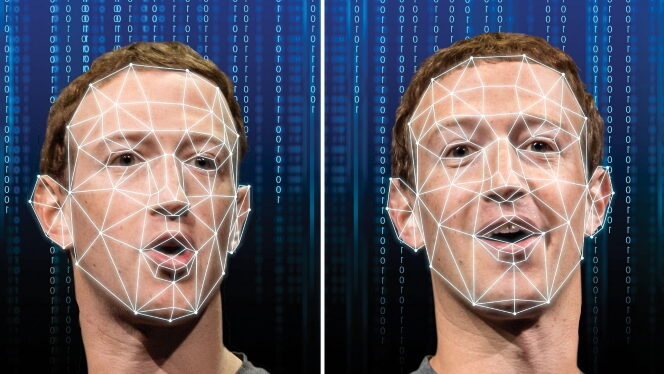TECH NEWS – One of the most significant celebrity icons of our time, the Taylor Swift AI porn scandal – fake but convincing explicit images of the pop singer – has finally drawn attention to how dangerous the use of generative artificial intelligence can be. But will the incident have far-reaching consequences?
The whole Taylor Swift AI porn thing started when sexually explicit deepfakes of the singer started circulating on X on Wednesday, January 24. NBC News reported that they generated more than 27 million views in 19 hours before the account that originally posted the images was suspended. One image eventually reached 47 million views before it was removed.
In a post late on January 25, X’s security team said the company is “actively removing” all identified images of indecent nudity, which it said are “strictly prohibited” on the platform.
As of Saturday (January 27), searches for “Taylor Swift” on X returned the following error message: “Something went wrong. Try reloading.” However, users have pointed out that X only blocks this specific text string; the query “Taylor Al Swift” is still allowed on X.
Regarding the change to block searches for Taylor Swift, Joe Benarroch, X’s head of business operations, said: “This is a temporary action and done with an abundance of caution as we prioritize safety on this issue.”
On Monday, January 29, X finally reinstated “Taylor Swift” searches. The ability to search for Taylor Swift on the platform “has been re-enabled and we will continue to be vigilant for attempts to spread this content and will remove it wherever we find it,” – said Joe Benarroch now.
Political consequences? The White House and the American Congress reacted to the Taylor Swift AI porn case
On Friday, SAG-AFTRA issued a statement condemning the fake images of Swift as “upsetting, harmful and deeply concerning.” They said that “the development and distribution of false images – especially those of an indecent nature – without someone’s consent should be made illegal”.
In an interview with NBC News, Microsoft CEO Satya Nadella called the fake Swift porn images “alarming and terrible” and said that “we need to act” and that “irrespective of what your standing on any particular issue is I think we all benefit when the online world is a safe world.”
The White House also spoke on the matter. Asked whether President Biden would support legislation to outlaw such AI-generated porn, White House Press Secretary Karine Jean-Pierre responded: “We are alarmed by the reports of the circulation of images that you just laid out… There should be legislation, obviously, to deal with this issue.”
New York Democratic Congresswoman Yvette D Clarke wrote on X: “What’s happened to Taylor Swift is nothing new. For yrs, women have been targets of deepfakes [without] their consent. And [with] advancements in AI, creating deepfakes is easier & cheaper. This is an issue both sides of the aisle & even Swifties should be able to come together to solve.”
Some US states have their own laws against deepfakes, but more and more are calling for changes to federal laws.
In May 2023, Democratic Congressman Joseph Morelle introduced a related bill. In a tweet condemning Swift’s images, she called them “sexual exploitation.” The legislation he proposed has not yet entered into law.
Republican Congressman Tom Kean Jr. also condemned the incident. He co-sponsored Morelle’s bill and introduced his own AI Labeling Act, which would require all AI-generated content (including more benign chatbots used in customer service environments) to be labelled.
Convincing deepfake video or audio has already been used to impersonate some high-profile people, especially politicians like Donald Trump and Joe Biden and artists like Drake and the Weeknd.
In October 2023, Tom Hanks told his Instagram followers not to be fooled by a fake dental ad featuring his likeness.
However, the technology is predominantly aimed at women. In a sexually exploitative way at that: a 2019 study by DeepTrace Labs, cited in the proposed US legislation, found that 96% of deepfake video content was non-consensual pornographic material.
Can we finally take consistent action against deepfake and AI overreach?
The deepfake-incarnated problem is not a new phenomenon. Fake porn has been possible for over two decades thanks to software like Photoshop. But only recently has it become so quick and easy for anyone to produce, as various applications allow, for example, to replace a person’s face with another body.
Now, however, more and more people – including the authorities – are paying attention to it since the latest victim is Swift, who was chosen by Time magazine as the person of the year, who contributed 0.5 percentage points to the US GDP, who started a war with the streaming services of companies such as of Apple Inc. and won and who boosted female football viewership.
Lawmakers were outraged, while legions of Swift fans trended “protect Taylor Swift” on X. Some have resorted to self-censorship, singling out a Twitter user allegedly behind many of the banned images. Swift is reportedly considering legal action against a deepfake porn site that posted some of them, the Daily Mail reports.
Swift isn’t one for half-assed solutions, so we might not be seeing just one lawsuit. Perhaps he will be behind the bills that are already being prepared in Congress, which will act against unauthorized deepfakes.
One bill would make it illegal to take and share such images, while another proposed five years in prison for perpetrators and legal remedies for victims.
There is hope for a solution. Some of the measures passing through Congress can be considered a start. Although the long-term rules are still being worked out, the authorities can keep the situation under control for now by making an example of the worst offenders. Deterrents can work. Even for people who think they can hide behind the cloak of online anonymity. An excellent example of this is the online hacktivist group Anonymous, whose activities ceased almost immediately after a handful of the most famous hackers were arrested and named a decade ago. One Twitter user has already admitted to posting some of the first viral images: “Bro what have I done… They might pass new laws because of my Taylor Swift post,” Newsweek reports, before taking his account to private.
Source: NBC, Newsweek, The Daily Mail, The Guardian, Variety


















Leave a Reply